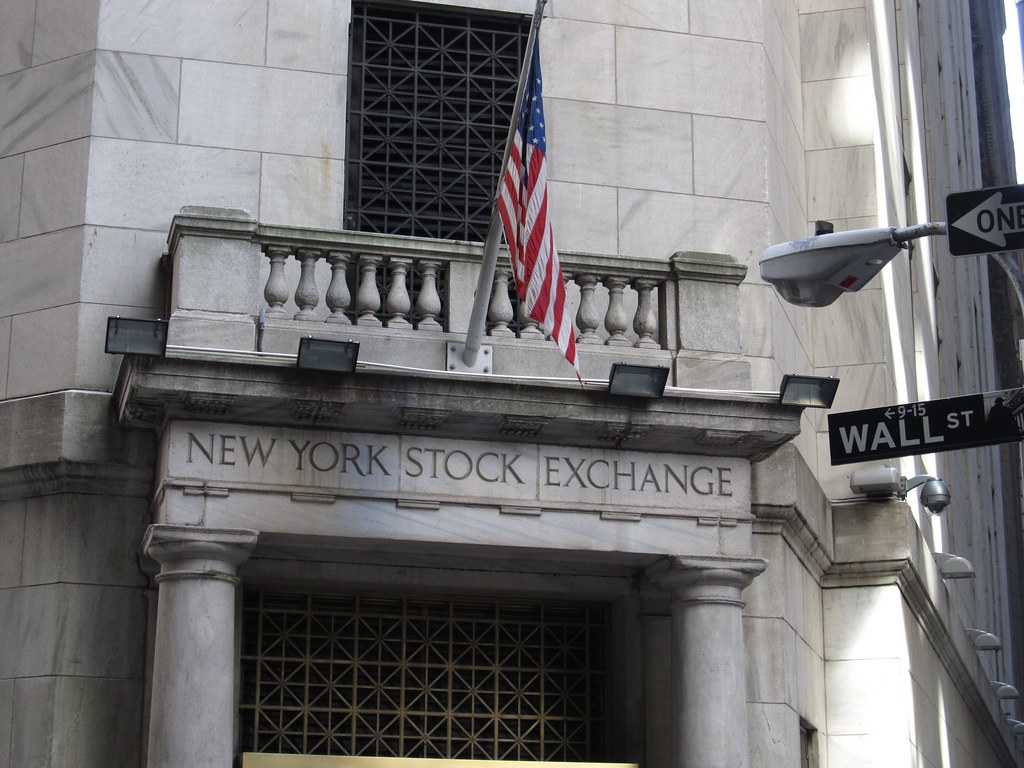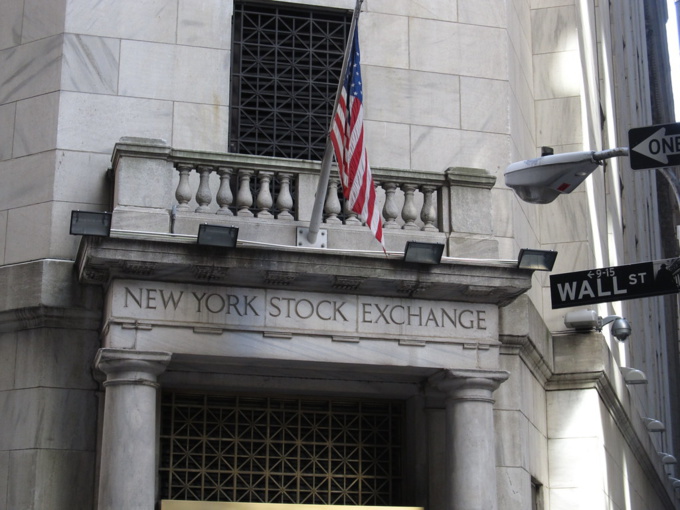Goldman Sachs bank abandoned its earlier forecast, which said that the US market was waiting for another sharp drop, according to Bloomberg. The bank did this amid an ongoing rally of US securities, the agency said.
In May, bank strategists expected the index of US public companies with the largest S&P 500 capitalization to fall to 2,400 points in three months, Bloomberg reported. This is more than 20% lower than the figure established at the close of trading on Friday - 3044 points. Now, analysts expect that in the worst case, the S&P 500 index will drop to 2750. Otherwise, the index may continue to grow and reach 3200, which is 5% higher than Friday, analysts said in late May.
A “strong recovery” suggests that the index will “unlikely” fall to 2,400 points, analysts said. They noted that monetary and fiscal support limited a possible decline by about 10%. The S&P 500 target for the end of the year was left at 3,000 points, unchanged.
At the same time, Goldman Sachs keeps pointing out that in the short term, stock returns are likely to be negative or “at best” zero, Bloomberg writes. The bank attributes this to the risk of a “hitch” in terms of the economy, income or trade, which will hit the normalization trend.
source: bloomberg.com
In May, bank strategists expected the index of US public companies with the largest S&P 500 capitalization to fall to 2,400 points in three months, Bloomberg reported. This is more than 20% lower than the figure established at the close of trading on Friday - 3044 points. Now, analysts expect that in the worst case, the S&P 500 index will drop to 2750. Otherwise, the index may continue to grow and reach 3200, which is 5% higher than Friday, analysts said in late May.
A “strong recovery” suggests that the index will “unlikely” fall to 2,400 points, analysts said. They noted that monetary and fiscal support limited a possible decline by about 10%. The S&P 500 target for the end of the year was left at 3,000 points, unchanged.
At the same time, Goldman Sachs keeps pointing out that in the short term, stock returns are likely to be negative or “at best” zero, Bloomberg writes. The bank attributes this to the risk of a “hitch” in terms of the economy, income or trade, which will hit the normalization trend.
source: bloomberg.com


















